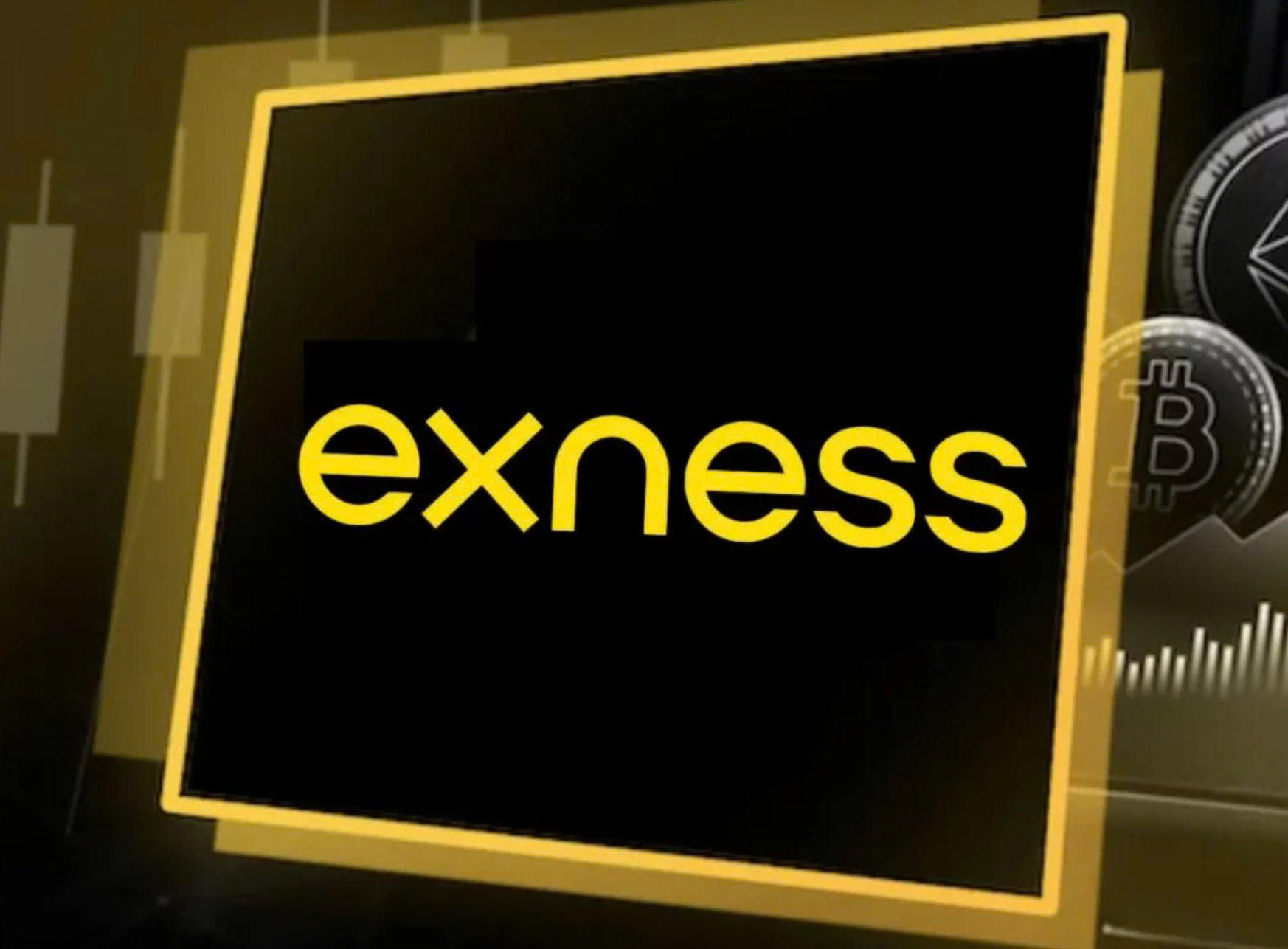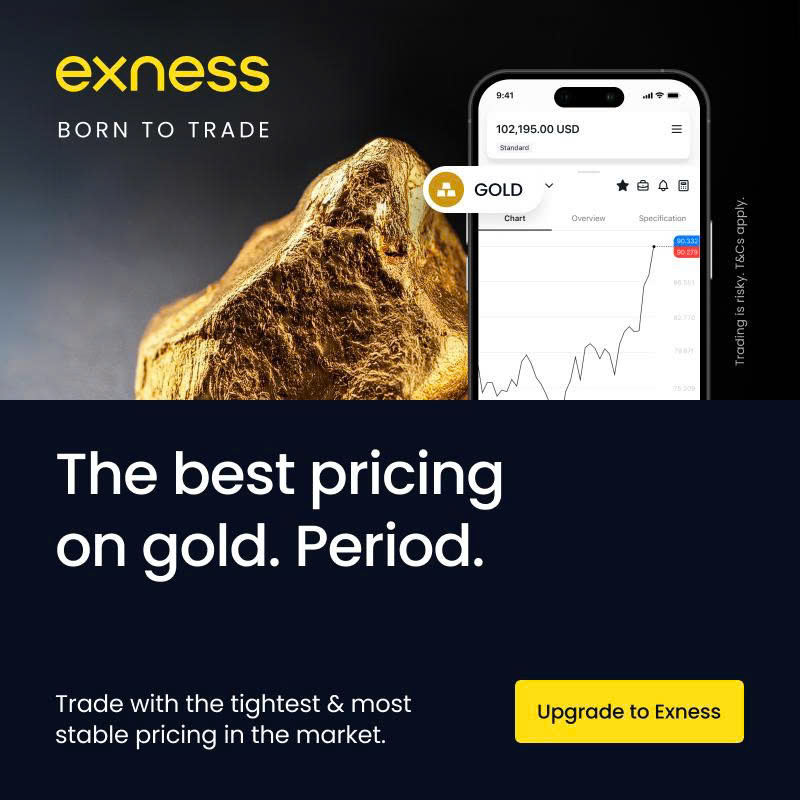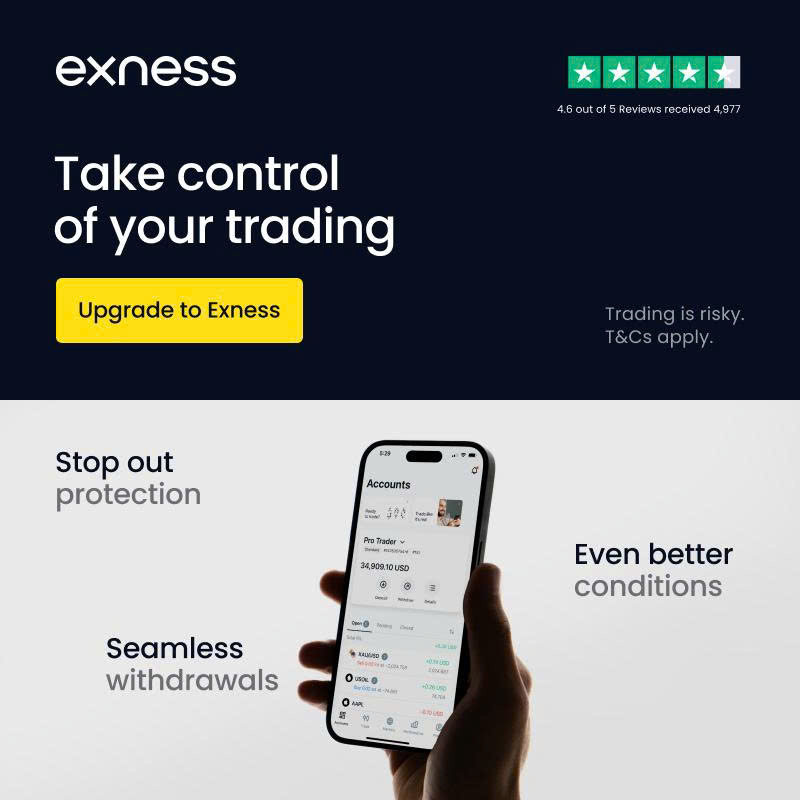
8 minute read
Exness vs FP Markets: Which Forex Broker Should You Choose in 2025?
from Exness , FP Markets
When it comes to picking a forex broker, Exness vs FP Markets are two heavyweights that often top the list. Both are well-regulated, offer competitive trading conditions, and cater to traders of all levels. But which one is better for you? In this article, I’ll break down the key differences between Exness vs FP Markets—covering fees, platforms, account types, and more—so you can make an informed decision. Let’s dive in!

✅ Trade with Exness now: Open An Account or Visit Brokers 👈
Why Compare Exness vs FP Markets?
If you’re a forex or CFD trader, choosing the right broker is critical to your success. Exness vs FP Markets are both trusted names with strong reputations, but they cater to slightly different needs. Exness is known for its ultra-low spreads, flexible leverage, and beginner-friendly accounts, while FP Markets shines with its diverse platform options and extensive asset selection. By the end of this guide, you’ll know which broker aligns best with your trading style.
Regulation and Trustworthiness: Are They Safe?
Safety first, right? Both Exness vs FP Markets are regulated by top-tier authorities, so your funds are in good hands.
· Exness: Founded in 2008 and headquartered in Cyprus, Exness is regulated by multiple authorities, including the Financial Conduct Authority (FCA) in the UK, the Cyprus Securities and Exchange Commission (CySEC), and the Financial Services Commission (FSC) in Mauritius. With a monthly trading volume exceeding $3.5 trillion, Exness is a giant in the industry. They segregate client funds and offer negative balance protection, ensuring you don’t lose more than your deposit.
· FP Markets: Operating since 2005 from Australia, FP Markets is regulated by the Australian Securities and Investments Commission (ASIC), CySEC, and the Financial Sector Conduct Authority (FSCA) in South Africa. ASIC’s strict standards give FP Markets an edge for traders prioritizing robust oversight. Like Exness, they segregate client funds and provide negative balance protection.
Verdict: Both brokers are highly trustworthy. Exness has a broader range of licenses, making it ideal for global traders, while FP Markets’ ASIC regulation appeals to those seeking stringent oversight. Choose Exness for worldwide accessibility or FP Markets for ASIC’s rock-solid framework.
Trading Platforms: Which One Suits You?
Your trading platform is your gateway to the markets, so it’s gotta fit your style. Both brokers offer MetaTrader 4 (MT4) and MetaTrader 5 (MT5), but they diverge in their additional offerings.
· Exness: Exness keeps it simple yet effective. You get MT4, MT5, the Exness Trade App, and the proprietary Exness Terminal. The Exness Trade App is a standout for mobile traders, offering a sleek interface and fast execution. Exness also integrates TradingView charts on its website, which is great for technical analysis. If you’re into algorithmic trading or scalping, Exness’ platforms deliver lightning-fast execution.
· FP Markets: FP Markets goes big on platform variety. In addition to MT4 and MT5, they offer cTrader, Iress, and TradingView. cTrader is a favorite among scalpers for its ECN pricing and low-latency execution, while Iress is tailored for equity and CFD traders (though it’s not available everywhere). FP Markets also enhances MT4/MT5 with a 12-plugin upgrade and tools like Autochartist for technical analysis.
Verdict: FP Markets wins for platform diversity, especially if you want cTrader or Iress. Exness is better for traders who prefer a streamlined, user-friendly experience, particularly on mobile. If you’re a beginner, Exness’ simplicity might be the way to go.
Fees and Spreads: Where’s the Value?
Nobody wants to lose profits to high fees, so let’s compare the cost of trading.
· Exness: Exness is a low-cost leader. Their Raw Spread and Zero accounts offer spreads as low as 0.0 pips, with a commission of up to $3.50 per lot per side. The Standard account has no commission but slightly wider spreads (from 0.2 pips). Exness also boasts no inactivity, deposit, or withdrawal fees in most cases, which is a big plus. For index CFDs, spreads are competitive (e.g., 0.0 for S&P 500), and stock CFD spreads are reasonable (e.g., 0.7 for Apple).
· FP Markets: FP Markets is also cost-competitive. Their Raw Account offers spreads from 0.0 pips with a commission of $3 per lot per side, while the Standard Account has no commission but spreads start at 1.0 pips. FP Markets’ fees are slightly higher for non-forex assets, but they remain competitive. They also support a wide range of payment methods, including cryptocurrencies, with no deposit or withdrawal fees.
Verdict: Exness edges out slightly with lower commissions and no minimum deposit for Standard accounts. FP Markets is a close second, especially for traders who prefer commission-free accounts with competitive spreads. If you’re trading forex, Exness might save you a few bucks.

✅ Trade with Exness now: Open An Account or Visit Brokers 👈
Account Types: Flexibility for Every Trader
Different traders need different accounts, so let’s see how these brokers stack up.
· Exness: Exness offers five account types: Standard, Standard Cent, Pro, Raw Spread, and Zero. The Standard Cent account is perfect for beginners, with a $10 minimum deposit and micro-lot trading. The Standard account also has a $10 minimum, while Pro, Raw Spread, and Zero accounts require $200. Exness offers unlimited leverage (up to 1:2000) for deposits under $999, which is a game-changer for high-risk traders. Swap-free Islamic accounts are available across all types.
· FP Markets: FP Markets keeps it simpler with two main account types: Standard and Raw. The minimum deposit is $100 AUD (or equivalent), which is affordable but higher than Exness’ Standard accounts. Leverage goes up to 1:500, which is solid but less aggressive than Exness. FP Markets also supports swap-free Islamic accounts and MAM/PAMM modules for account management, which is great for money managers.
Verdict: Exness wins for flexibility, thanks to its diverse account types and ultra-low deposit requirements. FP Markets is better for traders who prefer straightforward account options with ECN pricing. If you’re a beginner or want high leverage, Exness is the clear choice.
Tradable Assets: What Can You Trade?
A diverse asset selection lets you spread your risk and explore new markets.
· Exness: Exness focuses heavily on forex, offering over 100 currency pairs. They also support CFDs on stocks, indices, metals, energies, and cryptocurrencies. While their crypto selection is decent, their overall asset range is narrower than FP Markets.
· FP Markets: FP Markets is a beast when it comes to variety, offering over 10,000 instruments. You can trade forex, indices, commodities, stocks, ETFs, bonds, and cryptocurrencies. Their Iress platform unlocks the most comprehensive asset selection, though availability depends on your location.
Verdict: FP Markets takes the crown for asset diversity, making it ideal for traders who want to explore beyond forex. Exness is better for those who focus primarily on currency pairs and crypto.
Social Trading: Copy the Pros
Social trading is a game-changer for beginners or busy traders who want to follow experienced pros.
· Exness: Exness’ CopyTrade platform is user-friendly, with a modern interface and a streamlined selection of traders to copy. You can set risk levels, filter strategies by performance, and even practice with a demo account. It’s a great option for novices looking to dip their toes into trading.
· FP Markets: FP Markets offers Myfxbook Autotrade and an in-house social trading platform. While feature-rich, Myfxbook’s interface can feel a bit cluttered compared to Exness’ CopyTrade. Still, it’s effective, letting you follow multiple traders and customize risk settings.
Verdict: Exness’ CopyTrade is more beginner-friendly, while FP Markets offers robust options for experienced traders. If you’re new to social trading, Exness is the better pick.
Customer Support: Who’s Got Your Back?
Good support can make or break your trading experience.
· Exness: Exness offers 24/7 support in 14 languages via phone, live chat, and email. Response times are fast, often within minutes, and their team is known for being helpful and professional.
· FP Markets: FP Markets provides 24/5 support, which is slightly less comprehensive than Exness. They offer live chat, email, and phone support, with quick response times and multilingual options.
Verdict: Exness has a slight edge with 24/7 availability, but both brokers deliver solid support.
Final Thoughts: Exness vs FP Markets?
So, which broker should you choose? It depends on your priorities:
Choose Exness if: You’re a beginner or want ultra-low spreads, flexible leverage, and a low minimum deposit. Exness is also great for forex-focused traders and those who value a user-friendly mobile app.
Choose FP Markets if: You want diverse platforms (like cTrader or Iress), a wider range of assets, or prefer ASIC regulation. FP Markets is ideal for traders who value variety and advanced tools.
Both brokers are excellent, but Exness shines for affordability and simplicity, while FP Markets excels in platform options and asset diversity. Weigh your trading goals, test their demo accounts, and pick the one that feels right for you.
✅ Trade with Exness now: Open An Account or Visit Brokers 👈
Read more:

